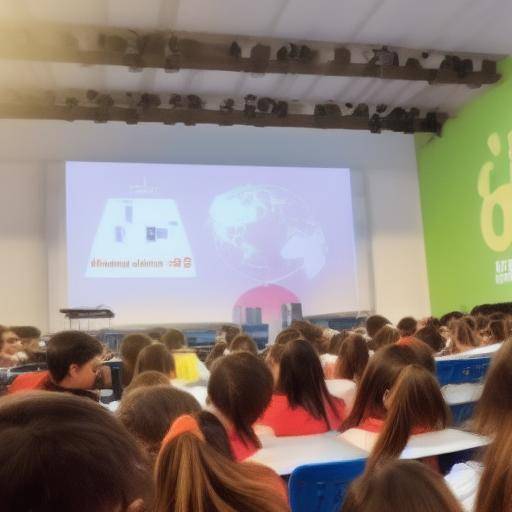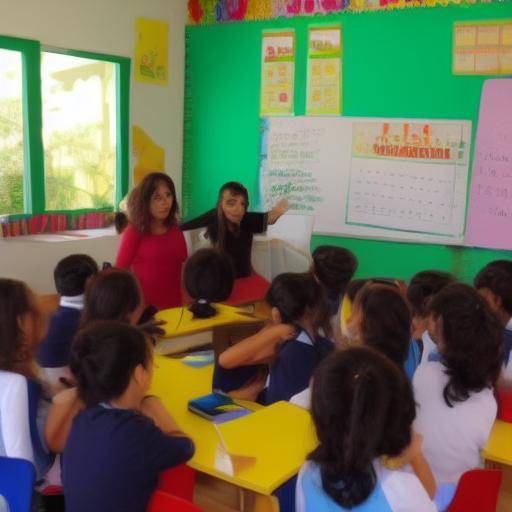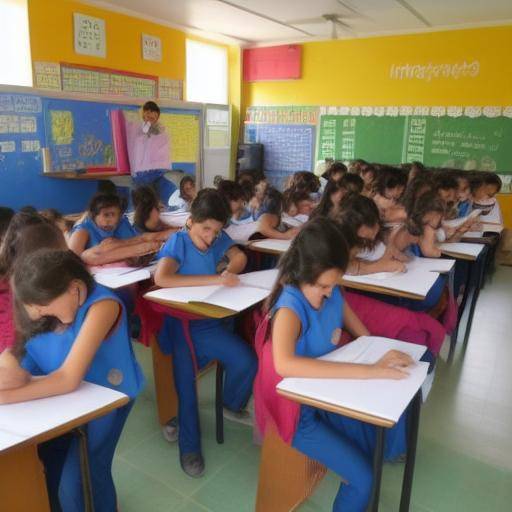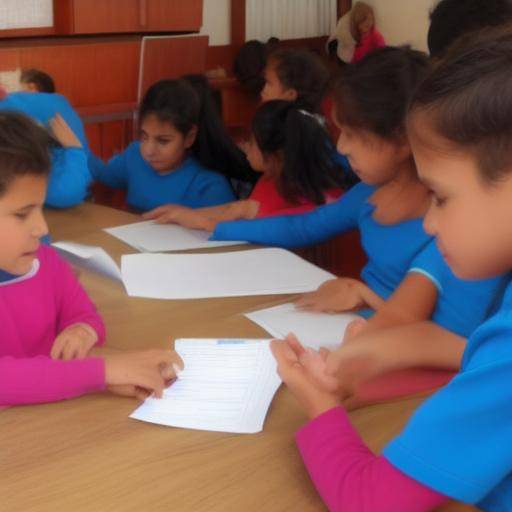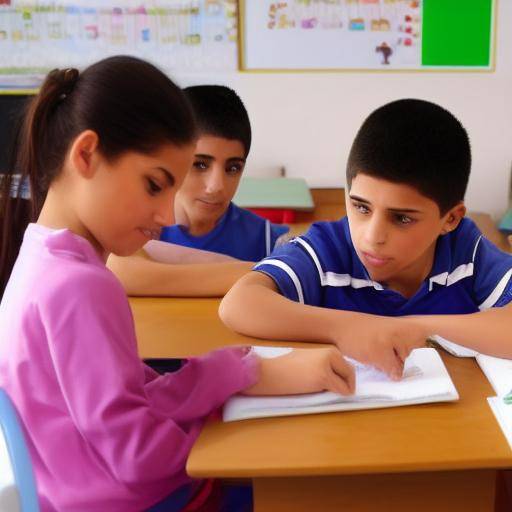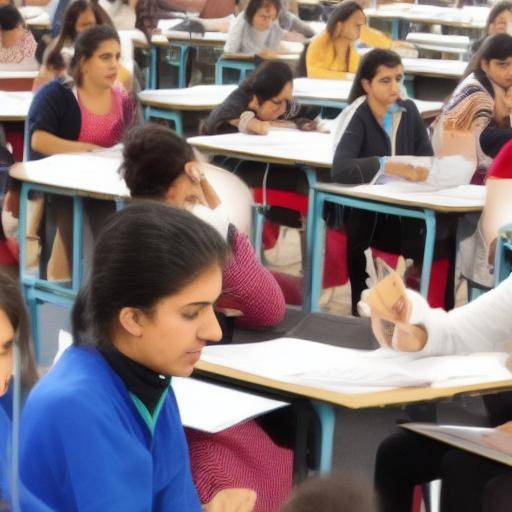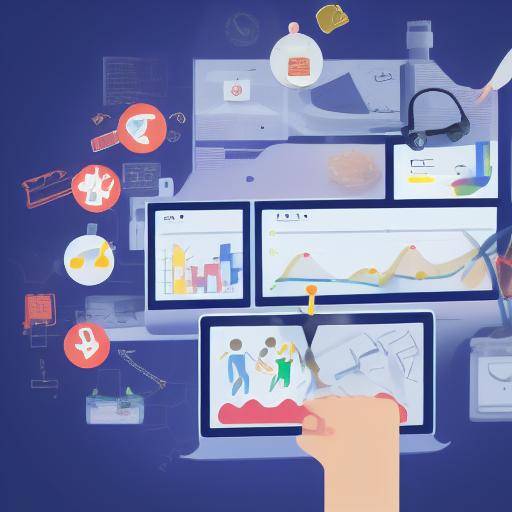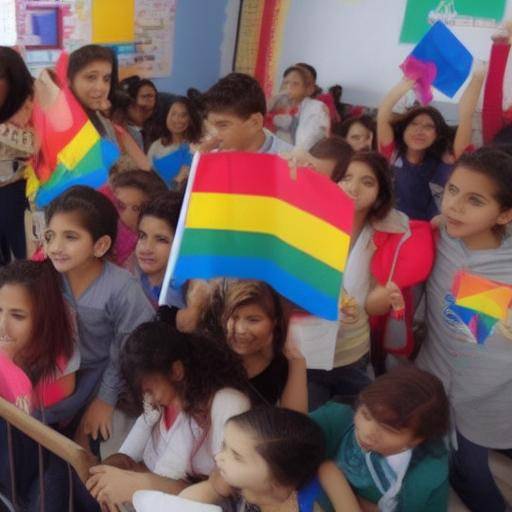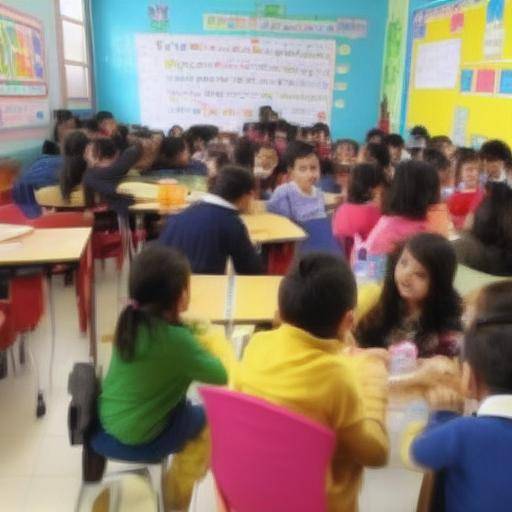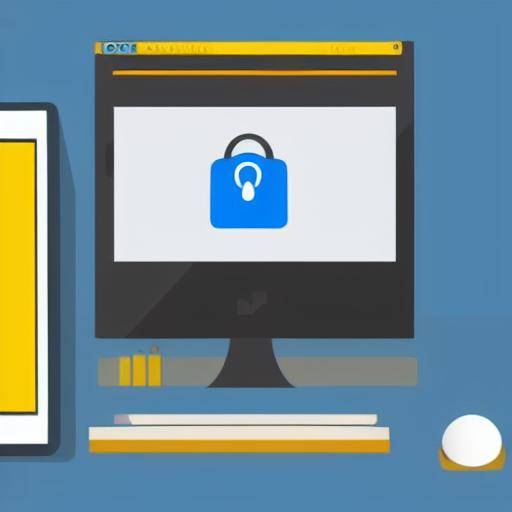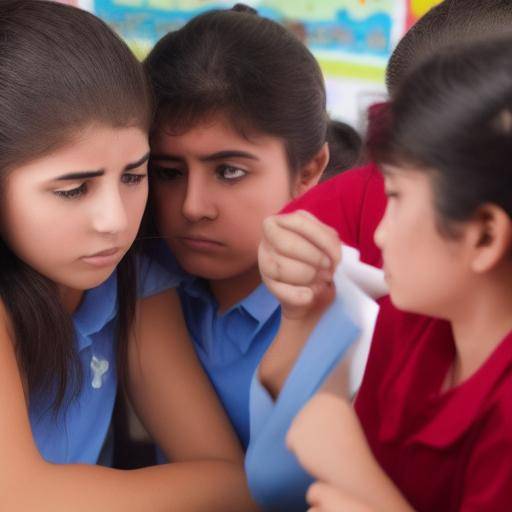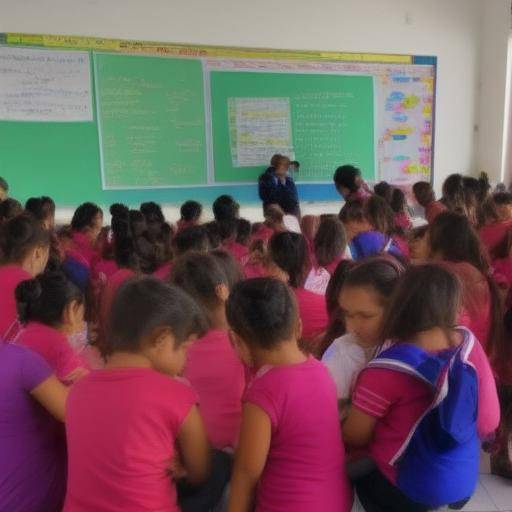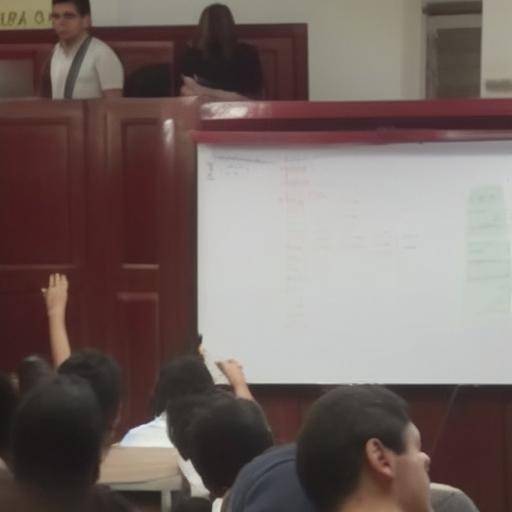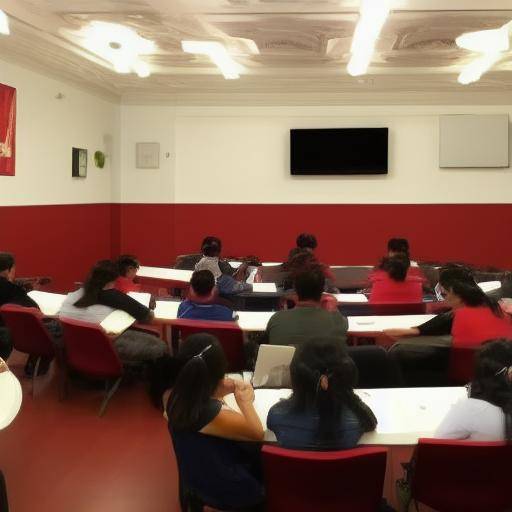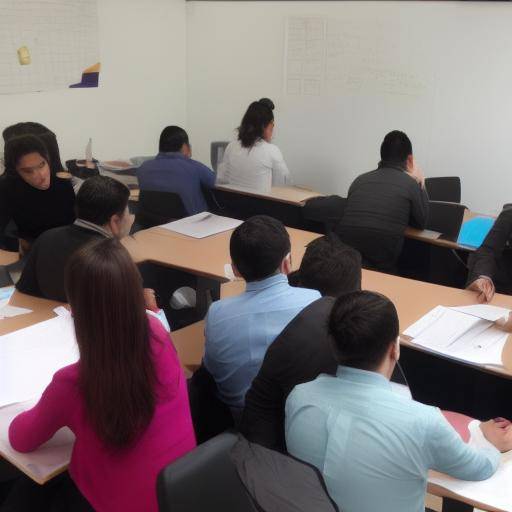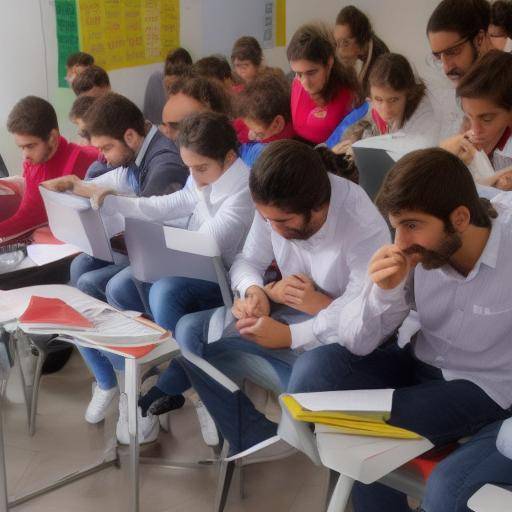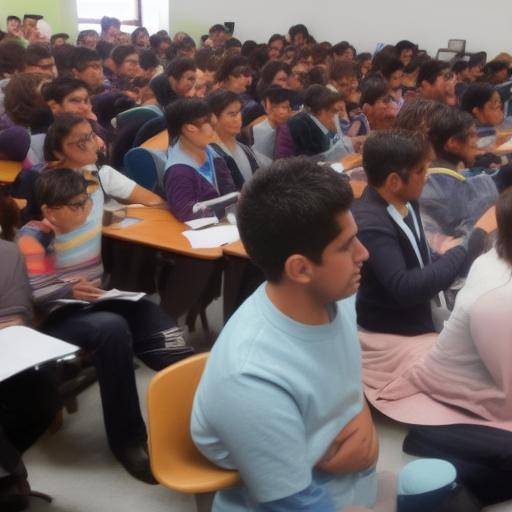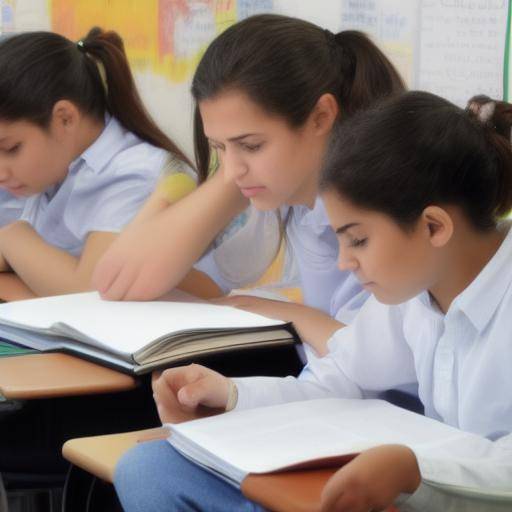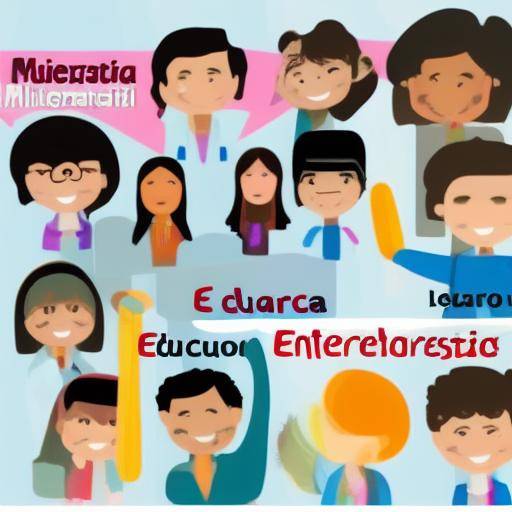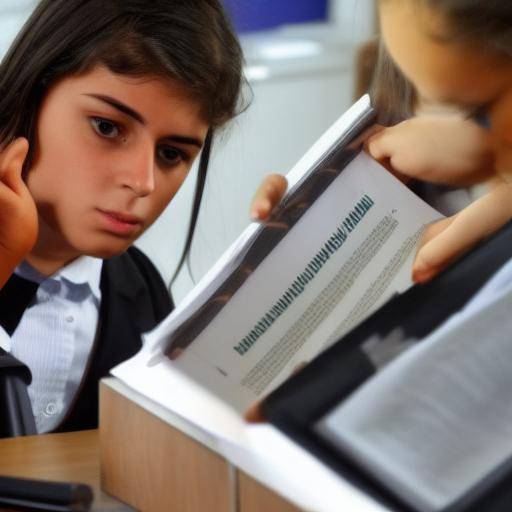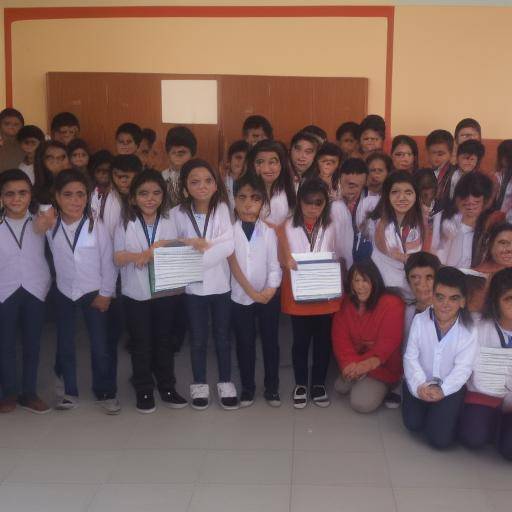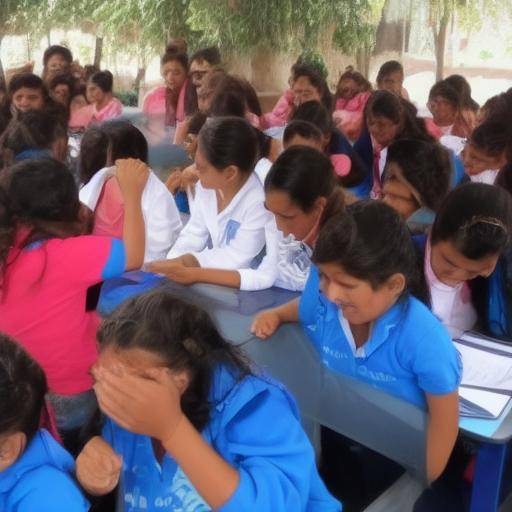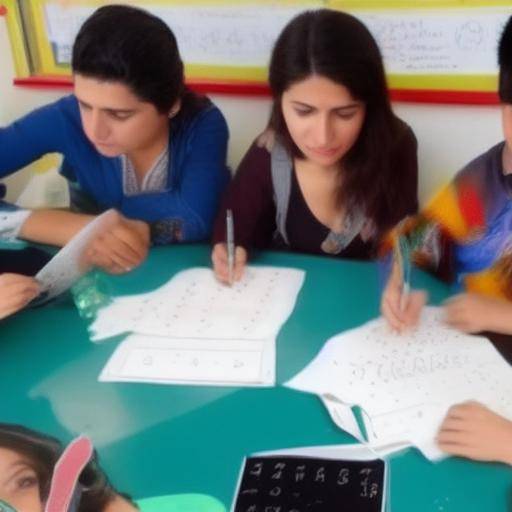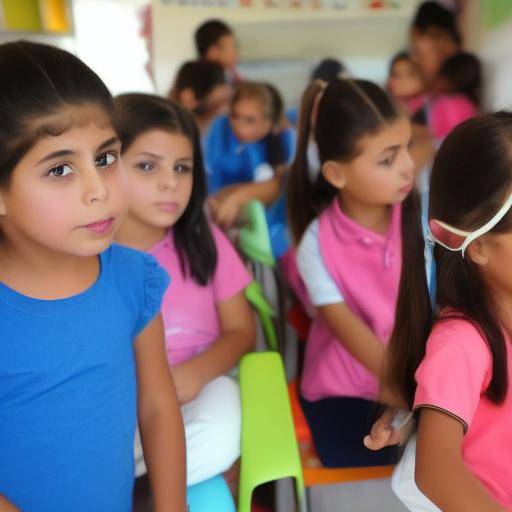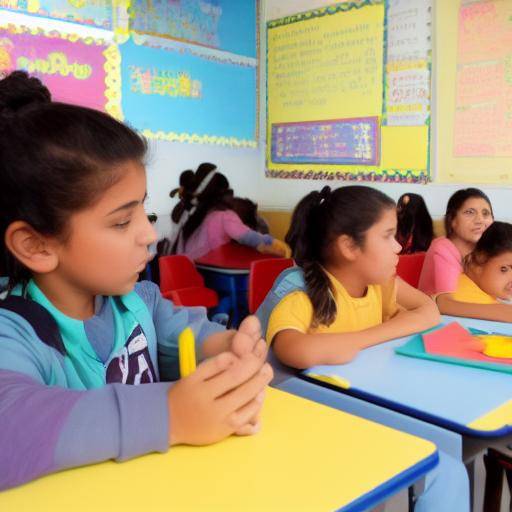
In today's society, soft skills have become a crucial aspect for the integral development of students. In addition to academic knowledge, it is essential that schools provide effective strategies to promote these skills in their students. In this article, we will explore the importance of teaching soft skills, strategies applicable in the school environment, and their impact on educational development. Join us on this journey towards building a holistic and balanced learning for students.
1. Why are soft skills important in school?
Soft skills, also known as socio-emotional skills, encompass aspects such as effective communication, teamwork, problem solving, emotional intelligence, among others. These skills are essential to the personal and professional development of students, as they influence their ability to relate, adapt and perform in an increasingly demanding working environment. School plays a key role in training and strengthening these skills, preparing students to face the challenges of the real world.
2. Effective strategies to teach soft skills at school
Conceptualization and awareness-raising
Before addressing the teaching of soft skills, it is crucial that both teachers and students understand the importance of these skills in their personal and professional development. Through lectures, group dynamics and reflective activities, the educational community can be sensitized about the value and relevance of soft skills in school and beyond.
Integration into the curriculum
Soft skills should be an integral part of the curriculum, integrating in a transversal way into the different subjects. Teachers can design activities and projects that encourage the development of skills such as critical thinking, creativity, empathy and conflict resolution. By linking these skills with academic content, they strengthen their understanding and practical application.
Experiential learning
Experiential learning is a powerful tool for the development of soft skills. Through study trips, business visits, volunteering and professional practices, students have the opportunity to face real-world situations that allow them to put their skills into practice in a contextualized manner. This active immersion gives them the opportunity to develop the confidence and autonomy necessary to face future challenges.
Integration of technological tools
In the current environment, technology plays a significant role in everyday life, both at the personal and professional level. Integrating technological tools in the educational process can be an effective strategy to promote soft skills, such as online collaboration, time management and problem solving using technology as an ally.
Promoting constructive feedback
Constructive feedback is an invaluable tool for the development of soft skills. Teachers can implement feedback dynamics among students, providing spaces for active listening, empathy and continuous improvement. These interactions promote personal and professional growth, both in academia and in the development of soft skills.
3. Impact on educational development
Effective integration of strategies to teach soft skills at school can have a significant impact on the educational development of students. It has been shown that students who have well-developed soft skills have better academic performance, greater capacity to face challenges, and are more fit for university and work life. In addition, these skills enable them to establish healthy interpersonal relationships, manage stress effectively and contribute positively to their environment.
Conclusion
In conclusion, the teaching of soft skills at school is critical to preparing students for a competitive and constantly evolving future. The above strategies are only the starting point, as continuous adaptation and innovation are essential to keep up with the changing demands of the world.
We hope that this article has provided a deeper understanding of the importance of soft skills in the school environment and provided a set of effective strategies for their integration. By implementing these strategies, schools can enhance the comprehensive development of students, preparing them for success in all aspects of their lives.
Frequently asked questions (FAQs)
1. What are the most important soft skills to teach at school?
The most important soft skills include effective communication, collaboration, empathy, teamwork, problem solving, creativity and emotional intelligence.
2. How can a teacher evaluate the soft skills in students?
The evaluation of soft skills can be done through classroom observations, performance evaluations in group projects, peer feedback and reflective self-evaluations.
3. Is there any recommended age to start teaching soft skills?
There is no specific age to start teaching soft skills, as their development is progressive. However, it is beneficial to integrate strategies from an early stage to foster comprehensive development.
4. Can teaching soft skills positively impact academic performance?
Yes, teaching soft skills can have a positive impact on academic performance by strengthening students' ability to face academic challenges and effectively collaborate with their peers.
5. How can the integration of technology tools foster the development of soft skills?
The integration of technology tools can foster soft skills by promoting online collaboration, problem solving through technology and effective information management in digital environments.
6. What is the importance of teaching soft skills in the digital age?
In the digital era, soft skills remain critical, as they provide students with the tools necessary to adapt to constantly changing environments, collaborate through digital platforms and effectively manage online information.
With these frequent questions, we hope to have addressed some of the most common concerns related to teaching soft skills in the school environment.
In short, effective integration of strategies to teach soft skills at school is essential for the holistic development of students. By strengthening these skills, schools are significantly contributing to the future success of their students in a constantly changing world.


